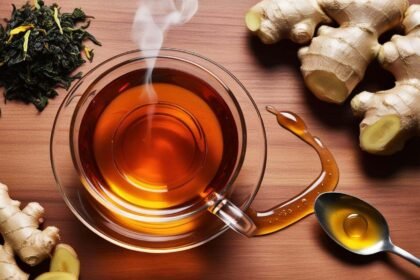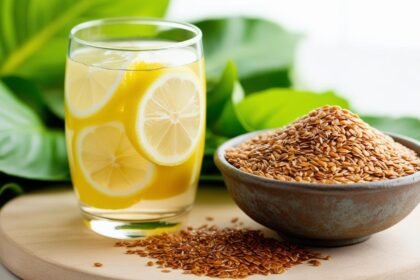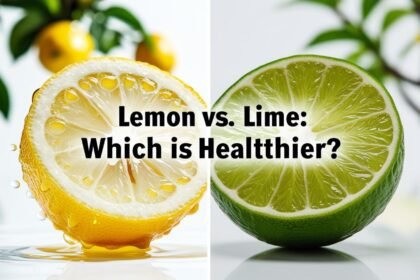An intriguing new study published in Molecular Nutrition & Food Research suggests that drinking a moderate daily dose of 100 % orange juice may do more than simply taste good—it might nudge our genetics in ways that support heart health.
In the research, 20 healthy men and women aged between 21 and 46 consumed approximately two cups (about 500 mL) of 100 % orange juice each day for 60 days.
Before starting the juice regimen, participants underwent a three-day “washout” period during which they abstained from citrus fruits (oranges, lemons, grapefruit), strawberries, passion fruit, coffee, chocolate, wine, and teas – thus reducing other sources of flavonoids or compounds that could confound results.
What did the scientists find? When they examined the immune cells (specifically, peripheral blood mononuclear cells, PBMCs) from the participants before and after the 60-day interval, they found that 1,705 protein-coding genes showed altered expression.
These genes are related to key cardiovascular-health processes: blood pressure regulation, lipid metabolism, and inflammation.
The authors summarise that the intake of orange juice “may improve blood pressure regulation, lipid metabolism, and inflammation… by modulating gene expression, thereby contributing to cardiovascular health benefits.”
Why is this noteworthy? To begin with, heart disease remains the leading cause of death in many countries – including the U.S., where over 919,000 people died of cardiovascular disease in 2023 alone.
The major takeaway here is that a simple dietary habit – having orange juice daily – could induce molecular changes that favourably influence underlying mechanisms tied to heart health.
However, there are important caveats: the study was relatively small (n = 20), lacked a separate control beverage, and full causality cannot be confidently claimed.
Moreover, the changes in gene expression don’t yet guarantee long-term clinical outcomes (such as fewer heart attacks). Still, when seen alongside past research, this work adds a compelling piece of evidence.
For instance, beyond transcriptomics, a recent metabolomics review found that orange juice intake modulates key metabolic pathways (e.g., phospholipid metabolism, mitochondrial energy generation, gut-microbiota diversity) that are implicated in cardiac remodelling, dyslipidaemia, inflammation and insulin resistance.
Other earlier analyses have also observed improvements in glycaemic control, insulin sensitivity, and cardiovascular-risk parameters tied to orange-juice consumption.
From a practical standpoint, what does this mean for you (and me)?
- Firstly: moderation is key. While the study uses two cups daily (~500 mL), orange juice still contains natural sugars, so it should be integrated into a balanced diet, especially for those with insulin resistance or diabetes risk.
- Secondly: it supports a broader view that diet isn’t just about calories or “good vs bad” foods—it’s increasingly about how foods interact with our biology at a molecular and gene-expression level.
- Thirdly: it reinforces the importance of eating flavonoid-rich, whole-food-based diets, rather than relying on isolated supplements. In the case of orange juice, much of the effect is believed to derive from citrus flavanones such as Hesperidin and Naringenin, which have antioxidant, anti-inflammatory, and gene-regulatory effects.
That said, this does not mean orange juice is a “magic pill” for heart health. The bigger picture still matters: regular physical activity, healthy sleep, avoiding tobacco, maintaining a good diet, and managing stress are foundational.
Indeed, another large-scale study published in the Journal of the American Medical Association (JAMA) found that young adults who consistently kept high scores on eight risk-factors (including diet, exercise, sleep, nicotine avoidance) for 20 years had dramatically lower cardiovascular risk; by contrast, those who slipped to low scores were ten times more likely to have a heart attack or stroke.
if you enjoy a glass of 100 % orange juice (and have no medical contraindications), the new data suggests it might offer more than just refreshment – it may subtly support your genes in ways that align with better heart-health outcomes.
Of course, it should be part of an overall heart-healthy lifestyle, not a standalone solution. More research is needed to confirm long-term clinical effects, but this adds a fascinating dimension to how simple dietary choices connect with our biology.












